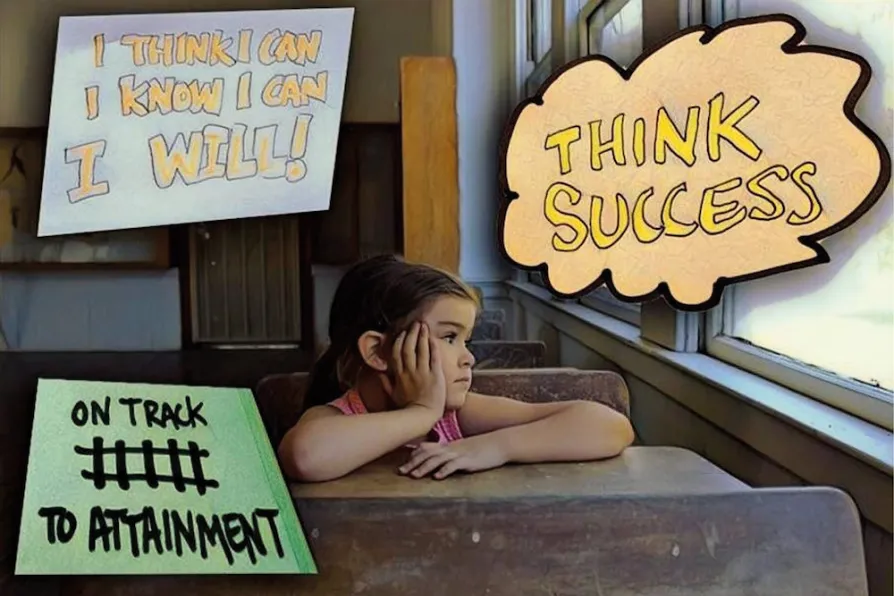Channel 4’s Dirty Business shows why private companies cannot be trusted with vital services like water, says PAUL DONOVAN
Schools and the toxic resilience agenda
The poorer the area, the more the school walls will be plastered with exhortations that students 'believe in themselves' and dig deep for individual reserves of positivity. It's no coincidence, writes STEVE HANDFORD


RECENTLY, I worked in a school for deprived and vulnerable pupils. Its walls and corridors contained a litany of inspirational quotes from gurus ancient and modern. This blu-tacked, laminated treasure trove included: “Success is not final, failure is not fatal: it is the courage to continue that counts.”
Another read: “Believe you can and you’re halfway there.” There were so many of these they became a running joke with the cynics among us, staff and pupils alike.
I didn’t realise I was waking up to what teachers are now calling “toxic resilience.” Not dumbing down, but numbing down.
Similar stories

NICOLA SARAH HAWKINS explains how an under-regulated introduction of AI into education is already exacerbating inequalities

The series unveils uncomfortable truths about youth alienation and online radicalisation — but the real crisis lies in austerity and the absence of class consciousness in addressing young people’s disillusionment, says teacher ROBERT POOLE

ANGUS REID speaks to Lin Jianjie about his debut feature Brief History of a Family

MATT FLAMENCO warns of precarity of work, teacher shortages, demoralisation and curriculums filled with ‘corporate-speak’ as among the issues of concern to the education workforce today










